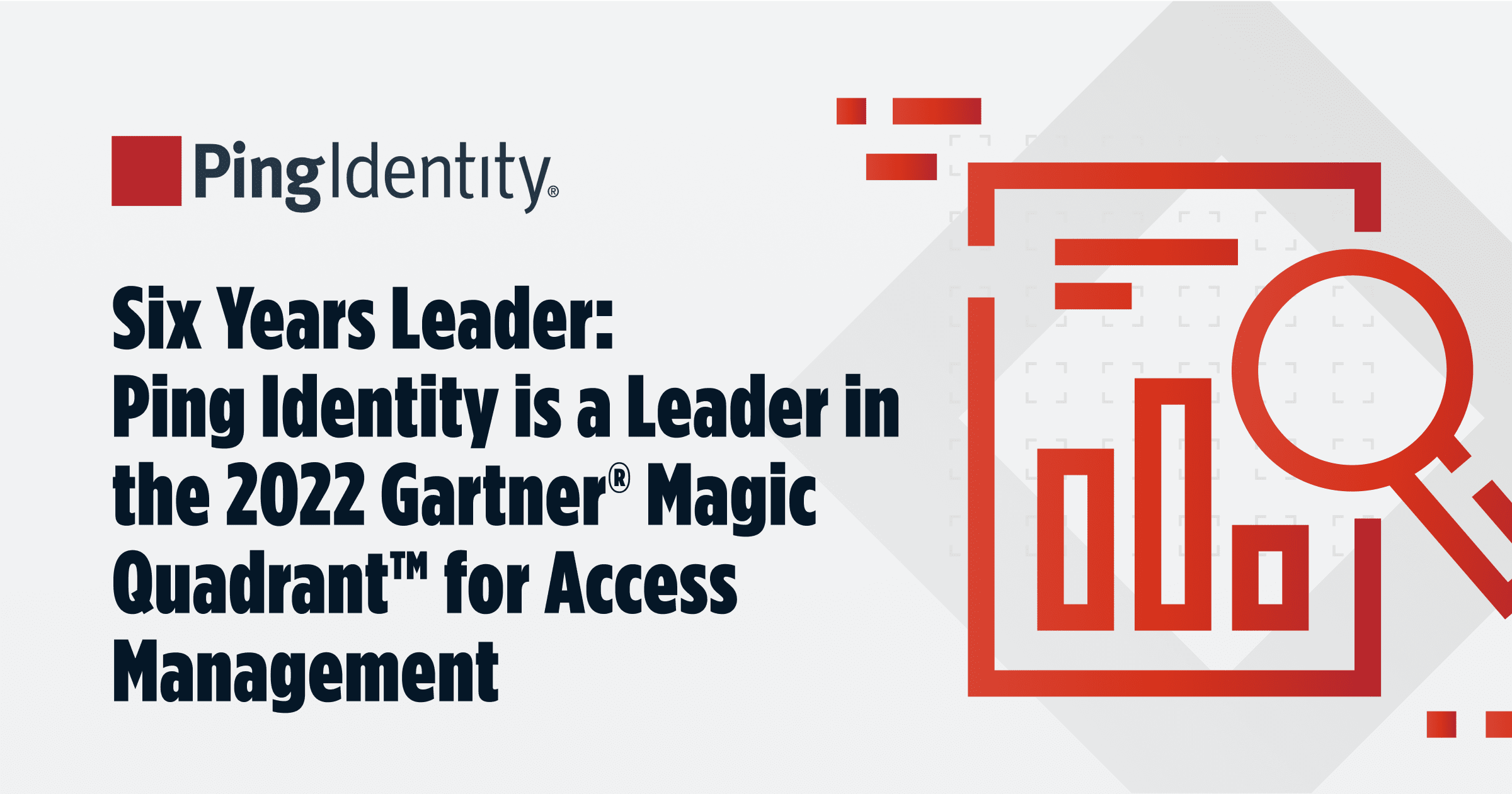Progressive profiling can help you solve several problems in the front end and back end.
Lack of Value
Most often, customers are asked to register with you before you’ve had a chance to really show them your value. You might be asking them to register in order to provide something they want.
Even so, unless they have a real and imminent need for what you provide, they are unlikely to fill out a form with more than a few basic fields.
Customers in this stage are probably looking for a free trial or more in-depth information to help them with a buying decision. They’re still in the non-committal shopping phase and haven't yet seen your value. By making it too complicated for them to sign up, you run the risk of deterring them from doing so.
Abandonment Rates
Using progressive profiling can help lower your abandonment rates by making the user’s signup process quick and easy. When you only ask for a little bit of information to begin with, your risk of turning customers off with a long registration form is greatly reduced.
Instead of bouncing off the page altogether or getting halfway through a long form and quitting, they’re more likely to finish signing up.
Customer Skepticism
Asking a prospect to fill out a long signup form usually breeds skepticism. At one time or another, we’ve all been asked to fill out a dozen fields and wondered if it was really necessary.
As soon as a customer thinks, “Do they really need all this?” you’re creating friction between them and you. And that is the last thing you want.
At its core, progressive profiling is asking only for what you need, when you need it, so you can eliminate that friction.
Data Security Risk
There is nothing more critical to customer relationships than data security. The more data you have on a customer, the more you (and they) have to lose. Data breaches are becoming commonplace, and customers know it.
Due to increasing data breaches, people have become wary of handing over their information. In fact, “40% of customers will abandon opening an account if the onboarding process is too complex” (Forbes). And if the data you’re asking for doesn’t seem relevant to how they’re engaging with you right now, customers may be even more likely to err on the side of caution and not opt in.
At this stage, prospects don’t know enough about you to fully trust you with their data. In addition to having robust customer identity and access management (CIAM) in place, progressive profiling can help you mitigate your risk by not collecting extra data you don’t need.
Unusable Data
Faced with a long signup form, many customers will enter bogus information to get to the other side without giving up their real contact info. This results in data that your sales and marketing teams can’t use.
Most users are comfortable giving you a real name and email address, but when you start asking for much more than that, the likelihood of getting false information goes up significantly.
Progressive profiling lets you get customers registered with a very short “low-hanging-fruit” initial registration form that they are likely to fill out with real data. Once they trust you, you can start asking for more.
To build accurate customer profiles, you need to know you can trust your customers’ identities. Progressive profiling combined with identity verification services like PingOne Verify can help ensure confidence, security, and convenience for you and your customers.


